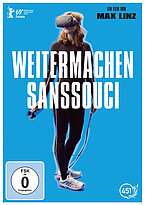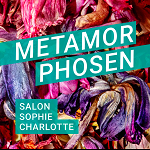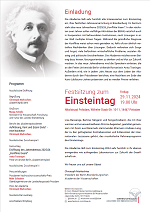The future has become more uncertain over the last decade; the progress that people had relied on has deserted them. No wonder, then, that the word ‘loss’ is now being taken centre stage as a sociological description of this situation.
Is there still hope after the end of the belief in progress? To answer this question, we must first clarify the prerequisites of our inherited concept of time and consider alternatives. The question, “Can the past be repaired?”, may sound absurd. How can you repair something that is no longer there? It is no longer absurd once we realise that the past is not simply over, but continues to have an impact in many ways where it is burdened by unprocessed experiences of violence. The past cannot be changed, but it is possible to deal with negative after-effects retrospectively and thus open up new perspectives for the future. The concept of ‘reparation’ originates from the cultural sphere of African-American thinkers; it can open up a new perspective for Western thinking. It says: Yes, there is still hope for progress and a future for a society, provided it is willing to face up to its past of violence, injustice and inequality, to overcome it and thus to ‘repair’ it.
With academy member Aleida Assmann (Universität Konstanz) and Yvonne Albers (Freie Universität Berlin)
Moderation: Academy member Matthias Warstat (Freie Universität Berlin).
Registration is required at: www.bbaw.de/veranstaltungen/veranstaltung-kann-man-die-vergangenheit-reparieren
🔊 - DE












